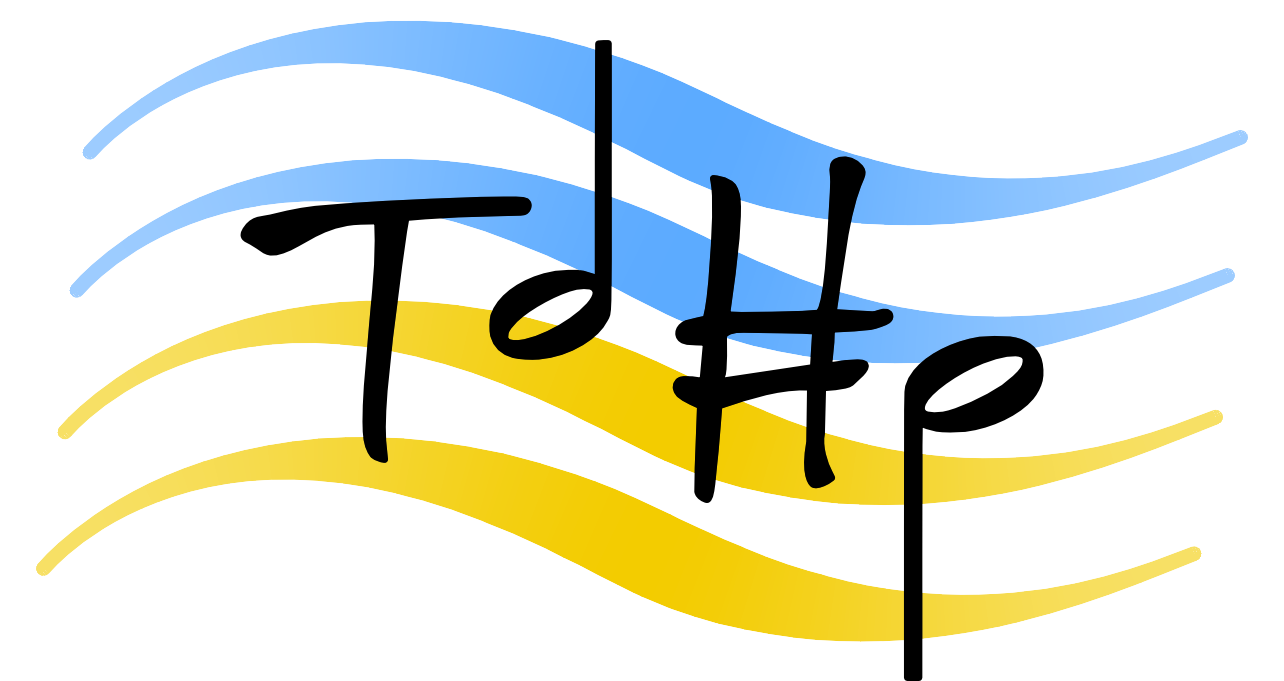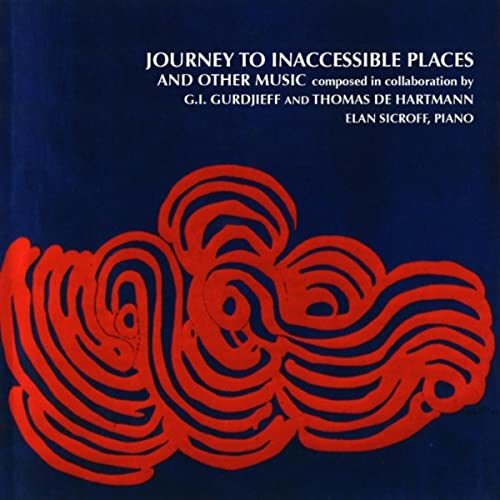Journey to Inaccessible Places
Elan Sicroff, pianist
The music on this album is the result of an unusual collaboration between George Ivanovitch Gurdjieff (1877–1949) and Thomas de Hartmann (1885–1956). When Gurdjieff first appeared in Russia in 1912, he was already a master of the science of human transformation, and his ideas and techniques included a comprehensive psychology and cosmology, as well as many practical tools for inner work. He was also known as a teacher of sacred dance, and had an interest in what he called Objective Music: music which would have the same effect on all listeners, regardless of their backgrounds and tastes. Thomas de Hartmann was a well-known composer at the beginning of the 20th century in Russia. Born into the highest aristocracy, his works for piano, voice, and chamber music were already in publication by his fifteenth year. In 1905 his ballet, The Scarlet Flower, was performed in front of the Tsar, with Nijinsky and Pavlova in the cast. In 1908 he met Kandinsky in Munich, who became his lifelong friend. But in spite of his outer success, de Hartmann wrote that he had become convinced that his inner life had to grow if his composition was going to improve. He began looking for a teacher, and in 1916 he met Gurdjieff. After Gurdjieff established his Institute for the Harmonious Development of Man in Fontainebleau outside of Paris, he worked intensively with de Hartmann from 1923–1927 to compose a large body of sacred music: This was music that he remembered from his years of searching for knowledge in Asia, Africa, the Middle East and other sources. While Gurdjieff hummed a melody and tapped the rhythm, de Hartmann was able to grasp the spirit and put it into Western notation. In this way some 300 works were composed, many of which have now been released by the Schott Edition. Elan Sicroff studied with J.G. Bennett, one of Gurdjieff’s leading exponents, at Sherborne House in England from 1972-1974. He participated in the 10-month “Basic Course” which aimed to transmit tools for inner work which could be used for a lifetime. Here he was first introduced to the “Gurdjieff music,” both for the sacred dance and also for solo piano. From 1975 to 1979 he studied with Mme. Olga de Hartmann, widow of the composer. She set him the task to help make her husband’s work known, particularly that written in the classical style. Since 2006, Elan has been spearheading the Thomas de Hartmann Project, a large undertaking to bring the classical music of de Hartmann before the public. In this endeavor he is supported by Robert Fripp as Executive Director, Gert-Jan Blom (Artistic Producer for the Metropole Orchestra in the Netherlands) as Producer, and a team of advisors and technical experts. Journey to Inaccessible Places takes its title from music published by Mme. Olga de Hartmann in 1970, consisting of 9 short pieces. With the publication of the Schott editions in 1996 we now have their titles. Most of them are from the music of the Dervishes and the Sayyids (direct descendants of the Prophet Muhammed), except for Nos. 1 and 9 which are of Kurdish origin. The Hymn for Easter Thursday comes from the Eastern Orthodox Church as does, most likely, the Hymn from a Great Temple No. 1. The Bokharian Dervish Hadji Asvatz-Troov was written to be played before reading a chapter in the first series of Gurdjieff’s writings describing the laws of vibration. The Initiation of the Priestess accompanied a sacred dance ritual developed by Gurdjieff and was performed at the Champs-Elysees Theater in Paris in 1923 and at Carnegie Hall in 1924. This music was originally recorded in 1985 and released by Editions EG in 1987 as an LP and also as a CD. Robert Fripp produced the album with recording engineer Tony Arnold in Bournemouth, England. The recording sessions began one evening with a play-through of all of the pieces on the album. The next morning there was a session in which a few repairs were made, and then that evening we recorded a “throwaway” performance, again a straight play-through. After being out of print for many years, it was remastered in 2013 by Guido Tichelman in the Netherlands. Thank you to Stefan Maier, Barbara Stowell and Efrem Marder for making this re-issue possible. All pieces in this album can be found in the Schott Edition: ED 7841–7844. 1. Kurd Shepherd Melody (25.IX.1926) (Vol. 1, No. 17) 2. Sayyid Chant and Dance (30.XII.1926) (Vol. 2, No. 3) 3. Sayyid Chant and Dance (18.IV.1927) (Vol. 2, No. 8) 4. Bayaty (7.X.1926) (Vol. 2, No. 35) 5. Moderato (1.I.1926) (Vol. 2, No. 20) 6. Sayyid Dance (12.II.1927) (Vol 2, No. 33) 7. Sayyid Chant and Dance (20.II.1927) (Vol. 2, No. 12) 8. Untitled (1.IV.1927) (Vol. 2 No. 37) 9. Kurd Melody from Isfahan (22.I.1927) (Vol. 1, No. 33) 10. Hymn from a Great Temple No. 10: Essene Hymn (26.V.1926) (Vol. 4, No. 10) 11. The Bokharian Dervish, Hadji-Asvatz-Troov (19.III.1927) (Vol. 4, No. 24) 12. Hymn for Easter Thursday (13.V.1926) (Vol. 3, No. 41) 13. Hymn From a Great Temple No. 1 (10.I.1926) (Vol. 4, No. 1) 14. The Initiation of the Priestess (between 1919-23) (Vol. 4, No. 23)
Performers
- Elan Sicroff
 Elan Sicroff is known as an interpreter of the music written by Thomas de Hartmann, both the classical works as well as the music from the East composed in collaboration with Gurdjieff . In the 1960s he studied with Jeaneane Dowis, protégée and assistant to Rosina Lhevinne at the Juilliard School. From 1973-75 he attended… Read more: Elan Sicroff
Elan Sicroff is known as an interpreter of the music written by Thomas de Hartmann, both the classical works as well as the music from the East composed in collaboration with Gurdjieff . In the 1960s he studied with Jeaneane Dowis, protégée and assistant to Rosina Lhevinne at the Juilliard School. From 1973-75 he attended… Read more: Elan Sicroff

